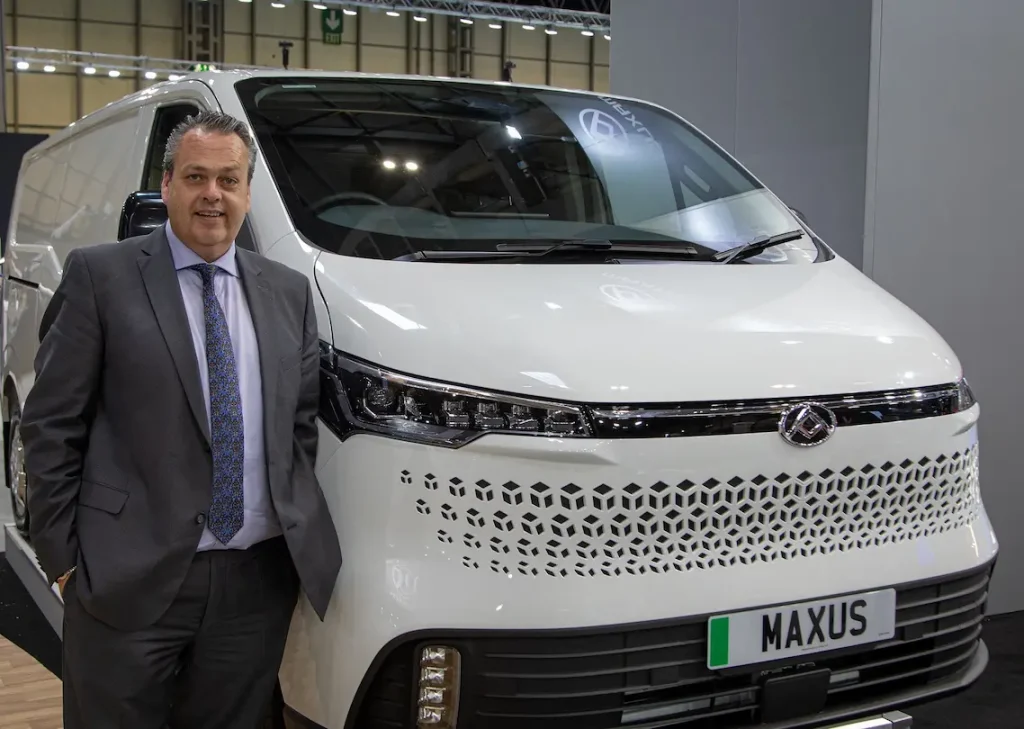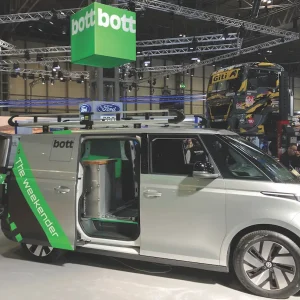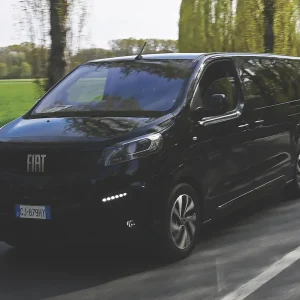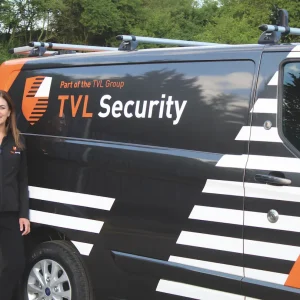
The new government should re-examine the Zero Emission Vehicle (ZEV) mandate for vans, according to fleet software company FleetCheck.
Under the legislation for vans, the targets start at 10% of each manufacturer’s sales in 2024, and rise to 16% in 2025, 24% in 2026, 34% in 2027, 46% in 2028, 58% in 2029, and 70% in 2030.
But Peter Golding, managing director of FleetCheck, believes a range of difficulties facing LCV fleets, including the discrepancy between the capabilities of the vehicles on offer and the needs of fleets, will make these targets difficult to meet.
“For some fleets that carry lighter loads over shorter distances, and where depot or off-street domestic charging is available, electric van adoption can be relatively simple but for others, there are a whole host of hurdles,” Golding said.
“Limited range and payload, and poor access to overnight charging for drivers living in terraced houses or apartments are very real and widespread problems, as well as difficulties surrounding everything from the 4.25 tonne derogation to 12-volt battery charging.”
Golding claimed the problems were having a direct impact on sales, which were flatlining. His argument was borne out by the Society of Motor Manufacturers and Traders (SMMT), which found electric LCV sales fell by 5.1% in the first half of 2024 to 8,353 units, taking a 4.7% share of the market – down from 5.2% during the same period last year.
Golding said the ZEV mandate target of 70% of all van sales being electric by 2030 looked unrealistic.
“That’s just six years away which means, for most van fleets, not much more than one replacement cycle. The structural problems that fleets are facing seem extremely difficult to solve in that timespan,” he warned.
Speaking before Labour won the General Election on 4 July, Golding said: “Whoever wins power will need to look at this issue today before it becomes acute later in the decade. It seems clear that either some form of support or incentive – similar to low benefit in kind taxation for electric cars – will be needed, alongside a massive expansion of low-cost on-street charging.”
In defence of ZEV

Mark Barrett, boss of Harris Maxus, which distributes a full range of electric LCVs in the UK and Ireland, argued that any delay in the roll out of the ZEV mandate could slow momentum in the transition to electrification.
“We can’t delay the process [because] it becomes an issue getting the charging infrastructure in,” he told What Van?.
“Now is the time to start the transition.”
Barrett predicted the incoming Labour government would “go back to accelerating the electric vehicle take up”.
He says a combination of carrot and stick is needed to encourage customers to invest in electric LCVs, consisting of grant incentives and low emission zones.
Barratt says Maxus is opening nine new service centres this year, which will bring the total to 100, of which 65 are also sales outlets. He says all staff are trained in dealing with electric vehicles at the Maxus Academy in Liverpool.
“We need a confident network to put confidence in consumers for EVs, for us that’s the key for success,” he said.
Barrett, however, says Harris Maxus has no plans to sell hydrogen LCVs, for which he claims there is no market in the UK and no infrastructure.
“We don’t need to bring in green trophies,” he said. “We will deliver what we can with electric vehicles.”





